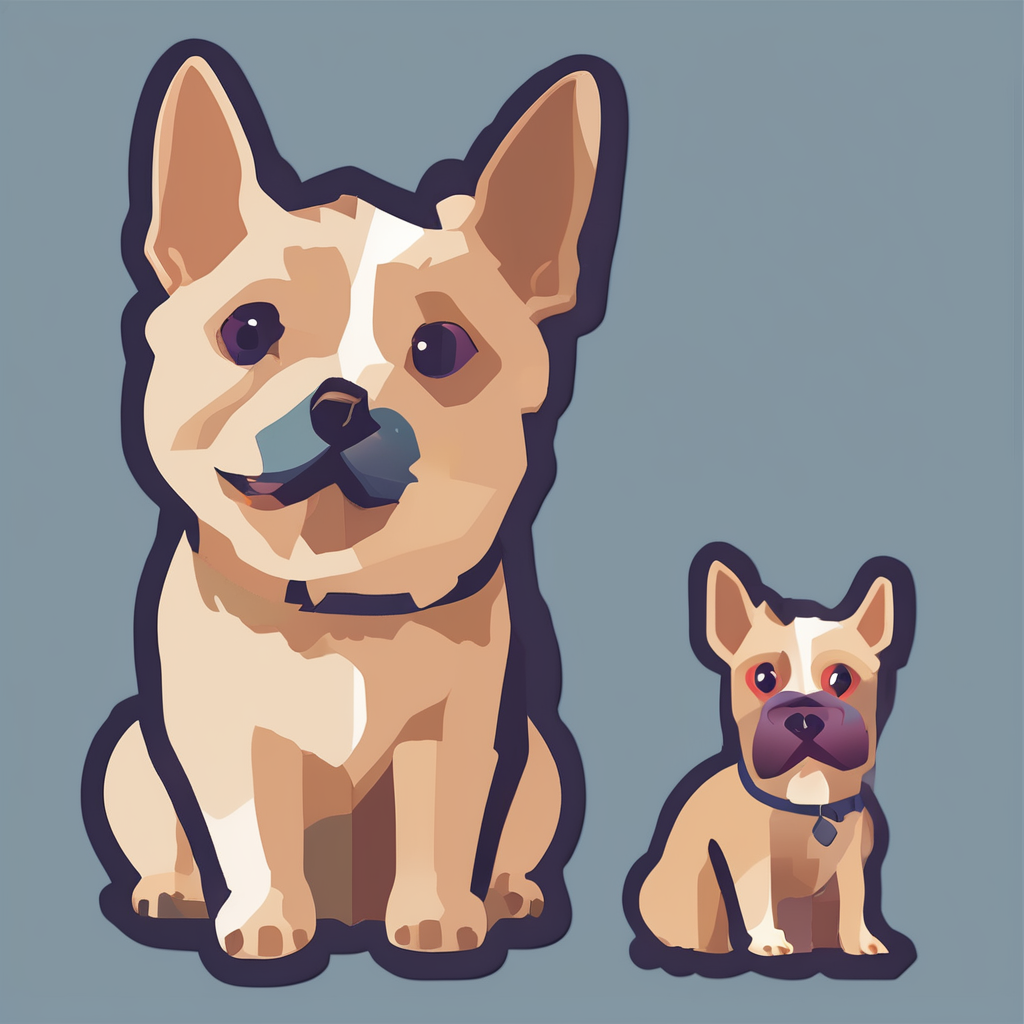Transforming Household Dynamics with Alternative Pets
Alternative pets UK have sparked a shift in how households experience companionship. Beyond the classic dog or cat, unconventional pets like reptiles, small mammals, and exotic birds add unique rhythms to daily life. Their care routines often differ, influencing household dynamics significantly. For example, owning a terrarium for tropical frogs or a small aviary for budgerigars requires tailored maintenance schedules, affecting family members’ responsibilities.
These pet trends UK reflect a growing appreciation for variety in pet ownership. Unlike conventional pets, alternative pets often demand less space and can fit urban lifestyles better. This practical aspect appeals to smaller households or those with allergies. The care involved encourages mindful interaction, creating a new kind of bond that reshapes the household atmosphere.
In the same genre : What are the key factors in setting up a habitat for pet sugar gliders?
Furthermore, the presence of unconventional pets can inspire creativity and curiosity among family members. Learning about different species introduces educational opportunities that influence daily conversations and routines. Overall, the household dynamics evolve beyond simple care tasks to include shared discovery and environmental adjustments, illustrating how alternative pets UK are truly transforming lifestyles across Britain.
Unique Benefits of Alternative Pets
Alternative pets offer numerous advantages that appeal especially to those seeking something beyond traditional cats and dogs. One striking benefit is their suitability for allergy sufferers. Many exotic pets, such as reptiles or certain small mammals, are considered hypoallergenic pets, reducing the risk of allergic reactions common with fur-bearing animals. This quality is invaluable for households with allergy sensitivities.
Also to read : How can you ensure the well-being of a pet skunk?
In the UK, exotic pet benefits also include generally lower maintenance needs. Unlike dogs that require daily walks and extensive attention, many alternative pets thrive in smaller spaces and demand less active care. For instance, fish tanks or terrariums occupy minimal room, making them ideal for urban homes with limited space. This reduces the pressure on owners to commit time and energy, making pet care more manageable.
Moreover, unique pets contribute to enhancing family life by introducing different forms of interaction and education. Children, especially, can develop empathy and curiosity through observing and caring for exotic species. The novelty of these pets often fosters a bond based on learning about diverse behaviors and environments, broadening perspectives on animal care. This educational and emotional enrichment is a standout benefit of choosing these alternative companions.
British Examples and Success Stories
Exploring real-life experiences with alternative pets in the UK
British alternative pet case studies often highlight the growing trend among urban households embracing reptiles and amphibians. Families in cities like London and Manchester are choosing reptiles such as bearded dragons and geckos for their manageable size and minimal space requirements. These pets offer a unique experience, fostering responsibility and curiosity. One family shared how their child’s interest in biology deepened after caring for a crested gecko, demonstrating the educational benefits of these exotic pets.
In contrast, rural families tend to favor small mammals like ferrets and hedgehogs. These animals suit larger home environments and provide affectionate companionship. Rural households report that small mammals are easier to accommodate outdoors, allowing natural behaviors that enrich family life. Such British alternative pet case studies underscore the varied choices tailored to living spaces and lifestyles.
Testimonials also frequently note the therapeutic effects of alternative pets. Caring for a reptile or small mammal can reduce stress and promote emotional well-being, especially for children with anxiety or learning challenges. These experiences show how exotic pets can support education and mental health simultaneously, making them valued members of many British homes.
Legal, Ethical, and Practical Considerations
Understanding UK exotic pet laws is essential before deciding on alternative pets. The UK government strictly regulates which species can be kept, with many exotic animals requiring licenses or being outright prohibited. This ensures both public safety and animal welfare. Always verify that your chosen pet complies with current legislation to avoid legal issues.
Ethical pet ownership UK centers on responsible sourcing and ongoing care. It is crucial to acquire animals from reputable breeders or rescue centers to prevent supporting illegal trading. Welfare concerns include providing appropriate habitats, nutrition, and social interaction tailored to each species. Ignoring these can cause stress or illness in your pet.
Practical tips for responsible ownership involve thorough research and preparation. Ensure you understand the specific needs of your exotic or alternative pet, such as diet, space, and environmental enrichment. Additionally, consider the long-term commitment and potential veterinary costs. Planning ahead helps guarantee a healthy and fulfilling life for your pet while maintaining legal and ethical standards.
How Alternative Pets Differ from Traditional Pets in Britain
Exploring unique pet dynamics and family enrichment
Alternative pets in the UK—such as reptiles, exotic birds, or small mammals—differ significantly from traditional pets like dogs and cats, especially in how they engage families and offer enrichment. Unlike dogs, which require daily walks and social interaction, many alternative pets have distinct socialisation needs that can be less demanding but more specialized. For example, reptiles often need careful habitat control rather than active playtime, offering a different kind of engagement tailored to the pet’s biology.
In terms of daily life impact, traditional pets generally fit into routines involving regular physical activity and socialising, which supports human wellbeing. Alternative pets might be less interactive but bring unique characteristics, like intriguing behaviours or unusual appearances, enriching a household in more subtle ways. Families opting for alternative pets often discover benefits like lower noise levels or less allergenic responses, important considerations in urban UK living.
Despite myths claiming alternative pets lack affection or are difficult to care for, many owners report strong bonds and rewarding experiences. Understanding these unique pet traits helps dispel misconceptions and encourages responsible, informed choices for family enrichment.






